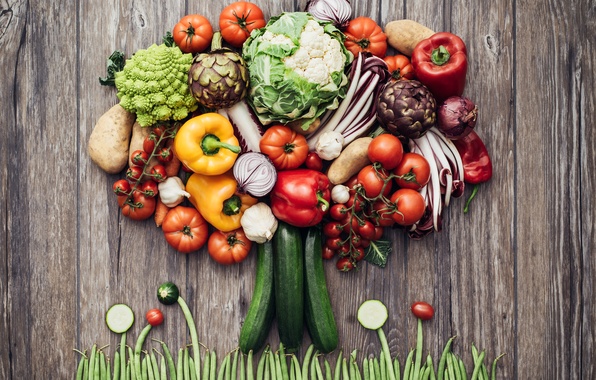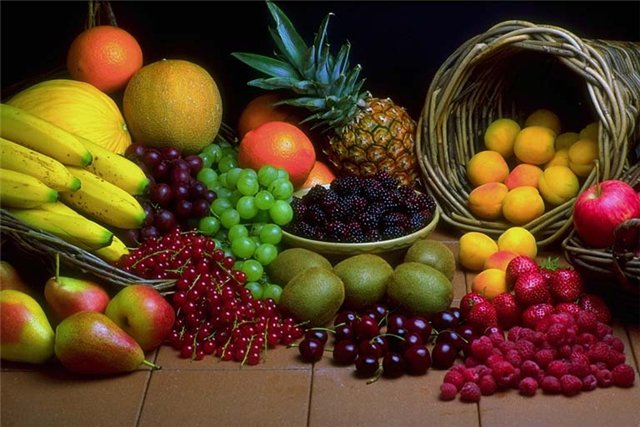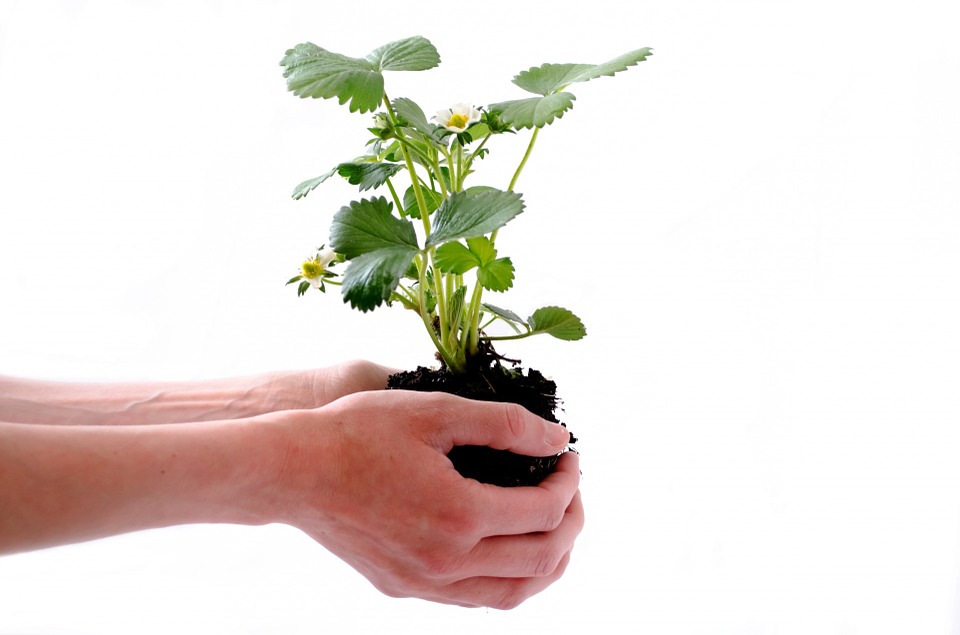
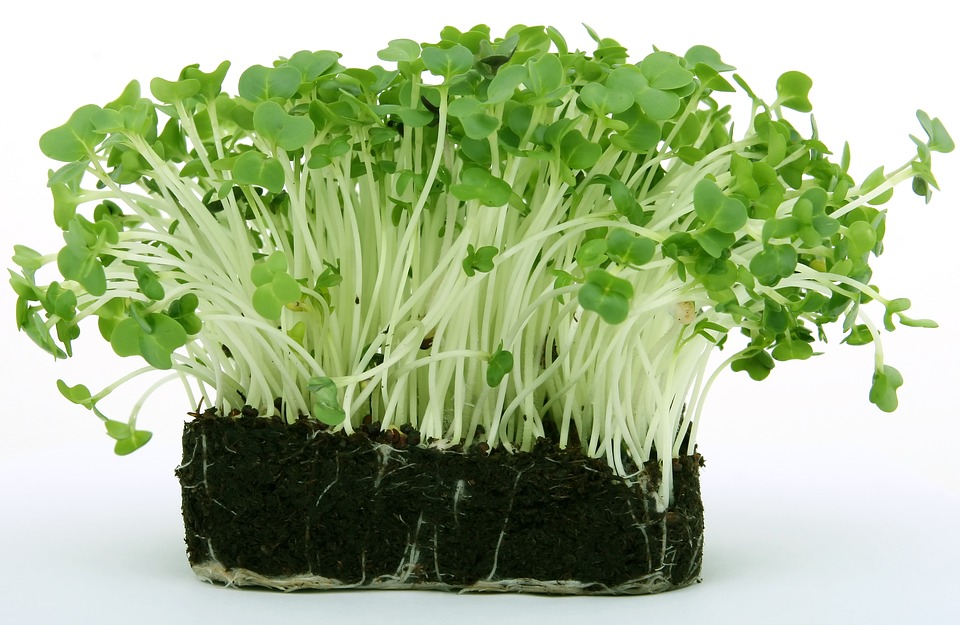
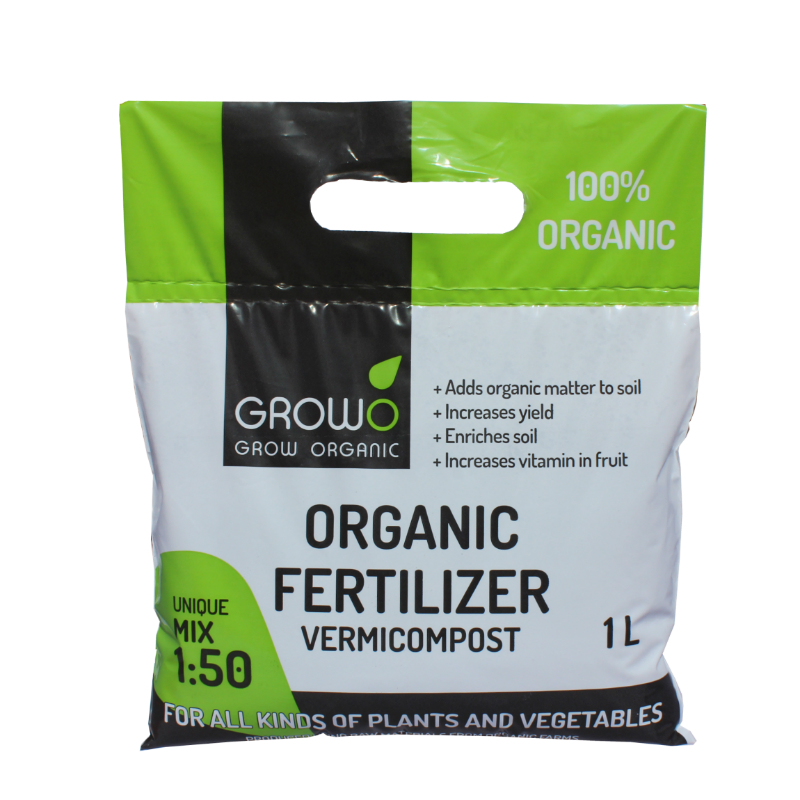
Vermicompost benefits of using
Bacteria, fungi, microorganisms that form part of the micro flora by which plants feed. When using vermicompost occurs three types of impacts on the soil and plants.
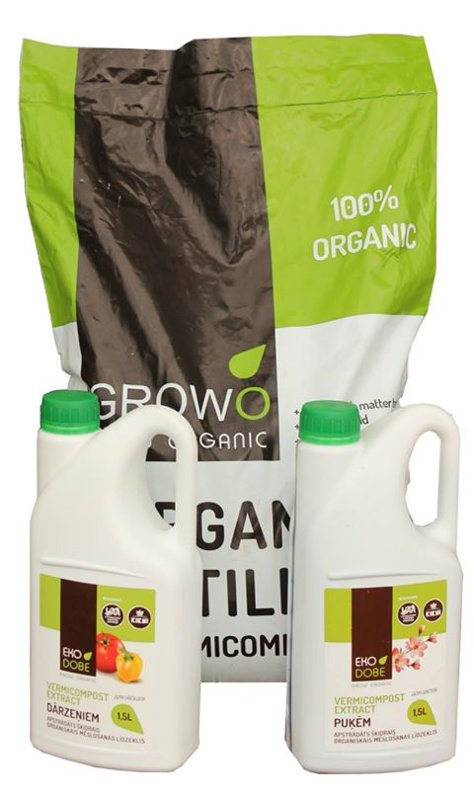
Physical
- increases the viability and germination rate of seeds;
- increases the growth rate of plants;
- shortens the growing season of plants;
- increases fertility;
- improves the quality characteristics of the fruit;
- increases the water-holding capacity of the soil (is hygroscopic and slowly dissolves in water);
- significantly reduces the stress of plants to environmental conditions;
- increases plant resistance to diseases;
- reduces the removal of organic matter from the soil;
- has mechanical strength; promotes soil aeration;
- improves soil structure and looseness;
- reduces soil erosion; facilitates the work-ability of the soil.
- reduces the dose of chemical and mineral fertilizers while achieving the same yields and enhances their action;
Chemical
- inaccessible substances for plant nutrition makes available;
- contains in it self a living soil (rhizosphere) microflora;
- increases soil nutrients (organic and inorganic);
- makes inaccessible forms of compounds suitable for plant nutrition;
- increases the agronomic value of the soil;
- eliminates the results of improper processing;
- protects groundwater from contamination with heavy metals and radionuclides;
- reduces leaching of (chemical) fertilizers;
- increases the buffer capacity of the soil, which enhances their ability to withstand chemical stress.
biological
- provides nutrition throughout the growing season;
- increases the amount of vitamin C, sugar and other biologically active substances that are indispensable for people;
- stimulates the growth of soil microflora and accelerates the mineralization of organic substances;
- acts as a carrier and vehicle of nutrients through the cell wall;
- strengthens cell respiration;
- stimulates the growth of roots and shoots;
- improves the quality of the crop and increases the shelf life of crops;
- reduces the content of nitrates in fruits and vegetables;
- cuts off the entry of heavy metals and radionuclides into the plant;
economic
- one ton of vermicompost is equivalent to 10 tons of compost;
- 2 - 5 tons of vermicompost per 1 hectare allows to increase the yield of depleted agricultural land in two;
- works in the soil for at least 4 years;
- reduces the use of chemical and mineral fertilizers;
- reduces transportation costs;
- reduces fuel costs for agricultural equipment;
- reduces labor costs (person / hour);
- when used in urban and park management, vermicompost soil application allows you to avoid cutting and disposal of soil contaminated with heavy metals;
- used in soil remediation and restoration of polluted soils.
All these factors, allow to produce high-quality and organic purity crops and reduce losses during storage.
